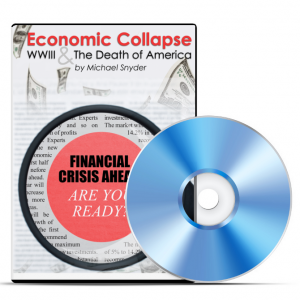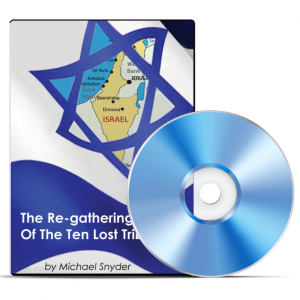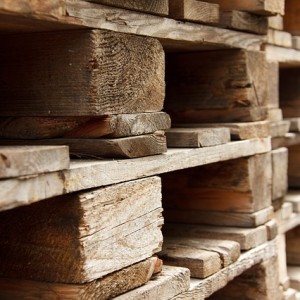There are many reasons to store food for emergency situations. This can give you the peace of mind to know that you and your family can survive if any type of disaster strikes. Having rations of food in your home makes sense, both for small and large scale catastrophes. Not everyone, however, has lots of room to store food. What if you live in a small cabin or perhaps a city apartment? Fortunately, even when you have limited space there are still ways to store emergency food.
When your space is limited, you have to get creative and make best use of whatever space you do have. Don’t confine yourself to traditional storage spaces such as kitchen cabinets. While you should certainly make use of these, you will also have to think beyond this. There is no reason why you can’t use any room in your home or apartment for storage.
First of all, you should keep all of your extra food in boxes or containers that maximize your space. Individual cans or packages of food are awkward to store. Boxes or milk crates, on the other hand, are easy to stack. Grains can be kept in large, airtight barrels or buckets.
Making Use of Closets, Bedrooms and Furniture
This is a fairly obvious place for storage, but many people don’t make optimum use of closet space. There are various ways to add more space to closets. You may have to first do some de-cluttering. You can add shelves where cans and boxes of food can be stored. You could keep some storage boxes on the floor of your closet.
In addition to bedroom closets, you can store food under large beds. If you have a captain’s bed with drawers, this is an ideal place for storing items out of sight. Any bed that has space under it can be used for storage as well.
Some furniture has more storage than appears on the outside. You can find tables, for example, that have drawers or other storage. Using a steamer trunk as a coffee table supplies you with plenty of storage space. Another place to store food is behind large pieces of furniture such as couches or bookcases.
Rent a Storage Unit
If you find that even making creative use of your space isn’t enough, you may want to consider renting a storage unit. This is a bit of an expense and inconvenience, but it will give you plenty of additional space for your food. There are now storage units all over and even a smaller unit will allow you to stock many boxes of food. If you do this, however, don’t just forget about the food. Make sure you make visits to the storage unit, use up some food and replace it regularly.
Additional Food Storage Guidelines
Wherever you store your food, you should make sure you have a good selection of essentials, including extra water. The most efficient way to store food is to consume it and rotate it. Otherwise, your stored items will eventually spoil if they aren’t used up. After all, you hope there never will be an emergency where external food supplies run out. That’s why you should choose items that are tasty and nutritious, so you can live off them and rotate your stock.
Make sure you have a variety of food items at your disposal. This is essential for balanced nutrition. Have all of the essential food groups, including carbohydrates, protein, vegetables and even some snacks and desserts. Don’t forget staples that are necessary for cooking, such as oil, yeast and spices.
Food storage is a wise investment in your security. Even if you never need it, it’s always reassuring to know that you are prepared for anything that might happen. You will also never run out of food staples if you ever need them for everyday cooking.
Picture Credit - Pixabay











